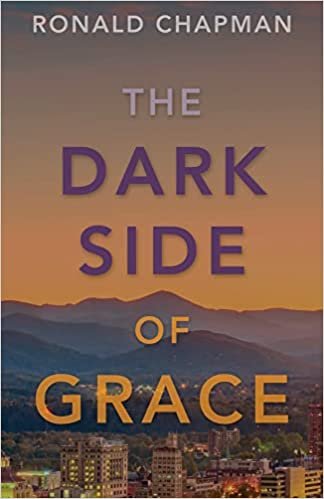Fear Not?
/
Litany Against Fear
I must not fear.
Fear is the mind-killer.
Fear is the little-death that brings total obliteration.
I will face my fear.
I will permit it to pass over me and through me.
And when it has gone past I will turn the inner eye to see its path.
Where the fear has gone there will be nothing.
Only I will remain.
-Frank Herbert, Dune and the Bene Gesserit
*****
It’s pretty common to hear that fear is normal, even healthy. I’m not so sure.
What if fear is like the pain a hot stove can produce? A call to pay attention, and to consider, and thus to act out of awareness? What if fear is a diagnostic response? Since a vast amount of our fears are unrealized, wouldn’t that make sense?
In the rooms of recovery, where acronyms tend to multiply, there are several that might prove to be useful.
· Fuck Everything and Run
· False Evidence Appearing Real
· Face Everything and Recover
Can you see a pattern?
The first is a visceral response, an unconscious one where the feeling of fear propels us into some kind of movement or action. The second is akin to The Litany of Fear with which this piece began, an invitation to be curious and explore. The last is aspirational, a call to be with our fears and our discomfort so that they do not rule or ruin us.
I’m reminded of a great question from Robert H. Schuller,
“What would you attempt if you knew you could not fail?”
Mulling over what conclusions we might reach, I’m drawn to my own personal experiences from years of confronting fears and anxieties; and the words of a long-ago mentor in recovery who is gone from the earth:
“Cuddle up to your fears and pains. Make friends with them.
See what they have to teach you.”
-Jim P.
Seeing True in Practice™
Fears are with us for a reason, however, having a fear is not the same as being at risk.
Excerpting from the wisdom of Alcoholics Anonymous, and their clarity that fear is a terribly corrosive factor.
"We reviewed our fears thoroughly ... We asked ourselves why we had them.
Wasn't it because self-reliance failed us? ... Perhaps there is a better way."














